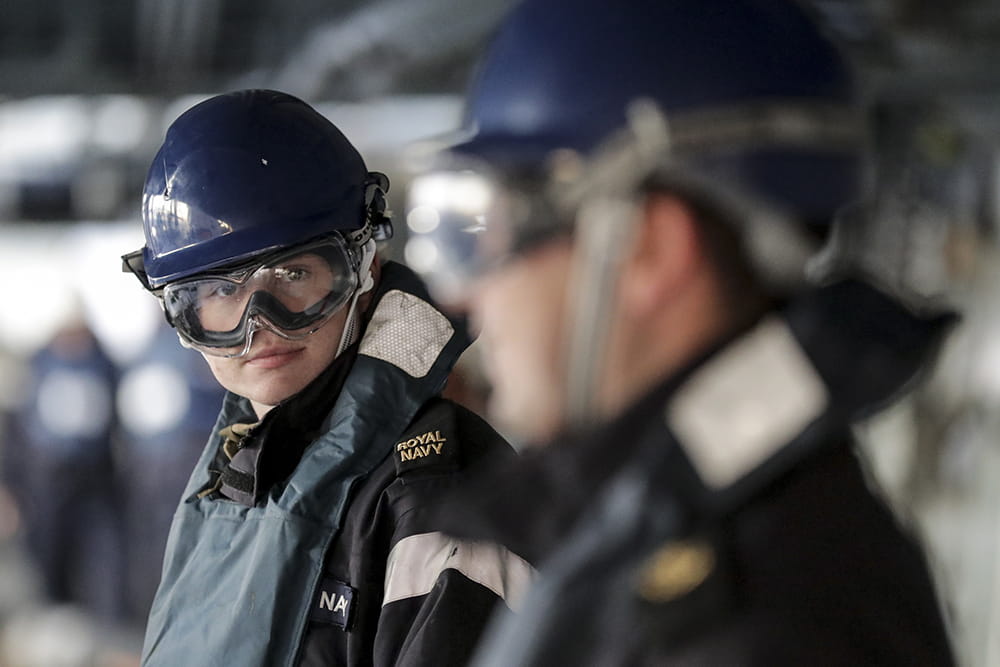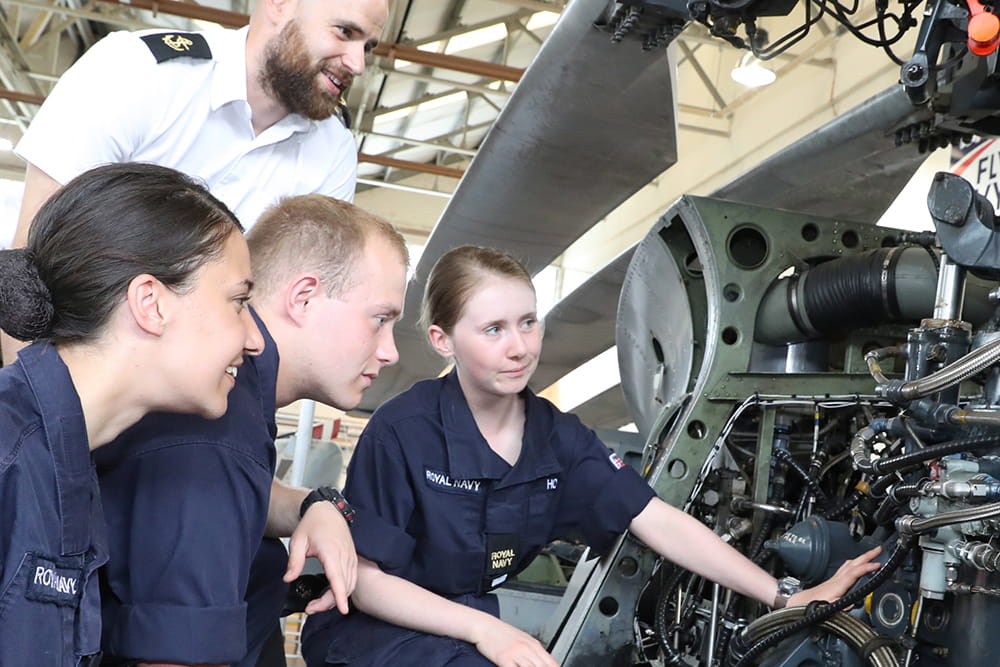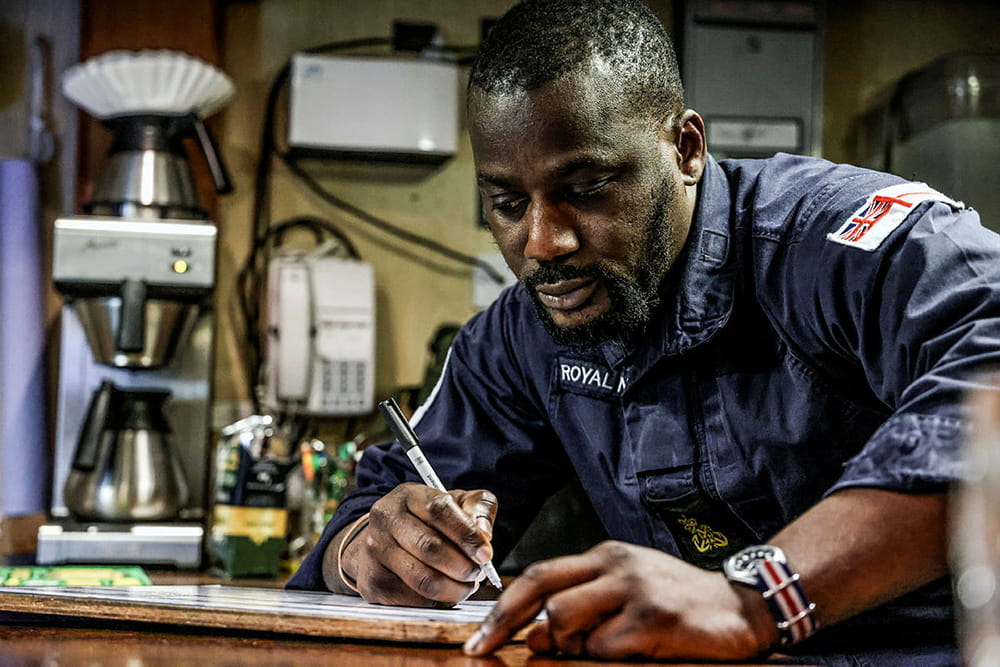World class training
Your career – and how far you take it – is in your hands.
We invest heavily in the training that will make you world-class in your role. You’ll have a structured route through the ranks, with fast-track, on-the-job training.
It’s hard work. But what you put in is what you’ll get out.



